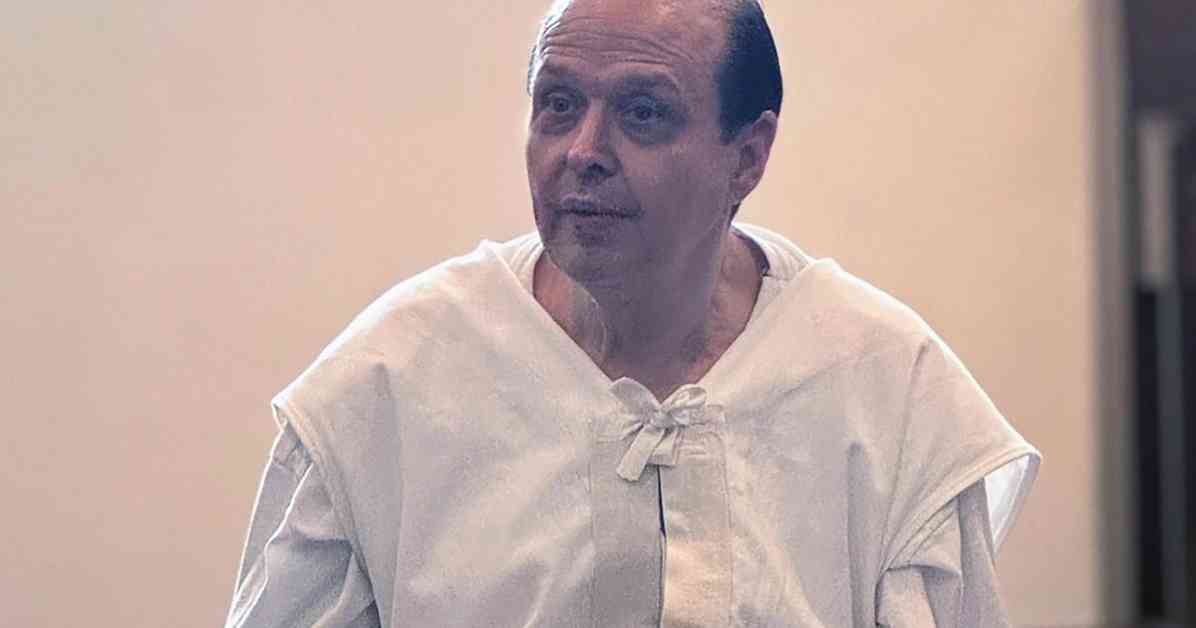Robert Roberson, a death row inmate in Texas, was scheduled to be executed for the murder of his 2-year-old daughter, Nikki Curtis, in 2002. However, the Texas Supreme Court halted his execution late Thursday night, allowing Roberson to testify at a hearing next week. This decision came after a temporary restraining order was granted by a Travis County judge, which was later reversed by the Texas Court of Criminal Appeals. The Court of Criminal Appeals denied a motion for a stay of execution based on an appeal from Texas Attorney General Ken Paxton. Despite this, the Texas Supreme Court intervened and granted a last-second civil appeal filed by Roberson’s lawyers and state lawmakers.
Roberson’s case has raised questions about the validity of his conviction, especially in light of new evidence that has emerged. The issue of shaken baby syndrome, the condition Roberson was convicted of causing his daughter’s death, has come under scrutiny. Many medical professionals now question the validity of shaken baby syndrome diagnoses, as the symptoms can overlap with other diseases and conditions. Roberson’s attorneys have presented evidence suggesting that his daughter may have died from undetected pneumonia, casting doubt on his guilt.
Moreover, key figures involved in Roberson’s conviction, such as lead detective Brian Wharton, have expressed doubts about his guilt. Wharton, who investigated the death of Roberson’s daughter, now believes that Roberson is innocent and has called for a review of the case. He has highlighted errors in the investigation and prosecution, including the reliance on debunked testimony from a nurse who claimed the child showed signs of sexual abuse.
Roberson’s case is not an isolated incident, as similar doubts have emerged in other death penalty cases. In Missouri, Marcellus Williams was executed despite new evidence that raised questions about his guilt. In Oklahoma, Richard Glossip’s conviction has been called into question due to questionable evidence and false testimony. These cases highlight the flaws in the criminal justice system and the need for thorough reviews of death penalty cases.
The decision to halt Roberson’s execution has sparked a debate about the use of scientific evidence in criminal cases and the importance of ensuring that justice is served. The shifting stances of law enforcement and prosecutors in these cases underscore the complexity of the legal system and the need for transparency and accountability. As Roberson awaits further hearings and reviews of his case, the outcome will have far-reaching implications for the criminal justice system in Texas and beyond.









